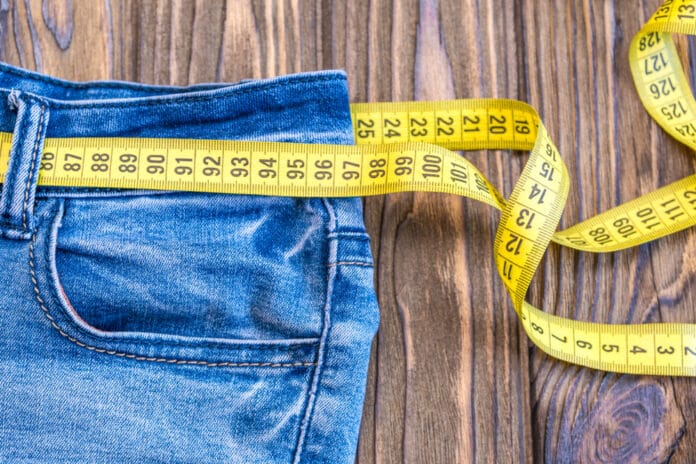
Lately, weight loss has become a common buzzword in internet lingo. New regimens and techniques to lose weight as fast as possible (within hours, days, and weeks) pop up every day, but how fast can you really lose weight? How long does a healthy weight loss process take, and what should give you a pause?
In this article, we will discuss all you need to know about how long your weight loss journey should take. Without further delay, let’s get started!
What’s the Science Behind Weight Loss?
Whenever a person takes in fewer calories than they burn off, weight loss follows. Conversely, weight gain occurs when dietary intake steadily exceeds your energy expenditure level. In short, you will gain weight if you don’t watch what you eat and drink.
To maintain weight, you should eat exactly the calories you need for energy each day.
What Is the Best Diet for Weight Loss?
There are so many diets out there for losing weight, and they all promise excellent and speedy results that it can be challenging to determine the most effective.
However, even though the developers and advocates of various weight reduction regimens believe that their plans are superior to their competitors, there is not a single weight loss diet program that significantly trumps the rest. For instance, keto and other low-carb diets may speed up your weight reduction initially, but studies show no significant difference from these plans in the long term.
Your ability to maintain a healthy eating pattern that is lower in calories than you need is the factor that matters the most. However, maintaining such a diet for an extended length of time can be challenging for many people, which is why most diets are unsuccessful.
If you want to improve your chances of success, lower your caloric consumption by a reasonable amount, personalize your diet per your preferences and health, or consult a qualified dietitian.
How Long Should a Healthy Weight Loss Process Take?
While rapid weight loss is something most people strive for, doing it too quickly might have serious health consequences.
Losing weight too fast can lead to health problems like dehydration, the formation of gallstones, and malnutrition. Rapid weight loss can also cause mood swings, digestive issues, fatigue, headaches, irregular periods, and muscle loss.


















